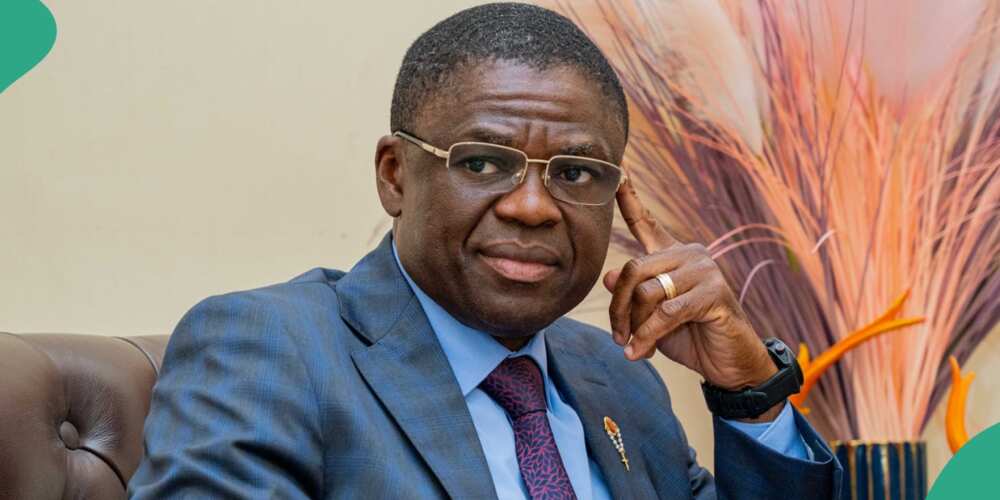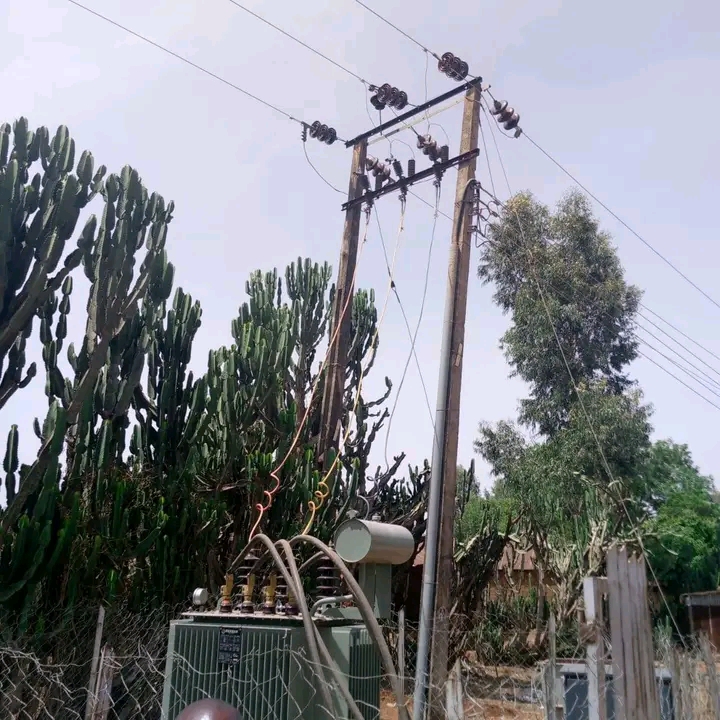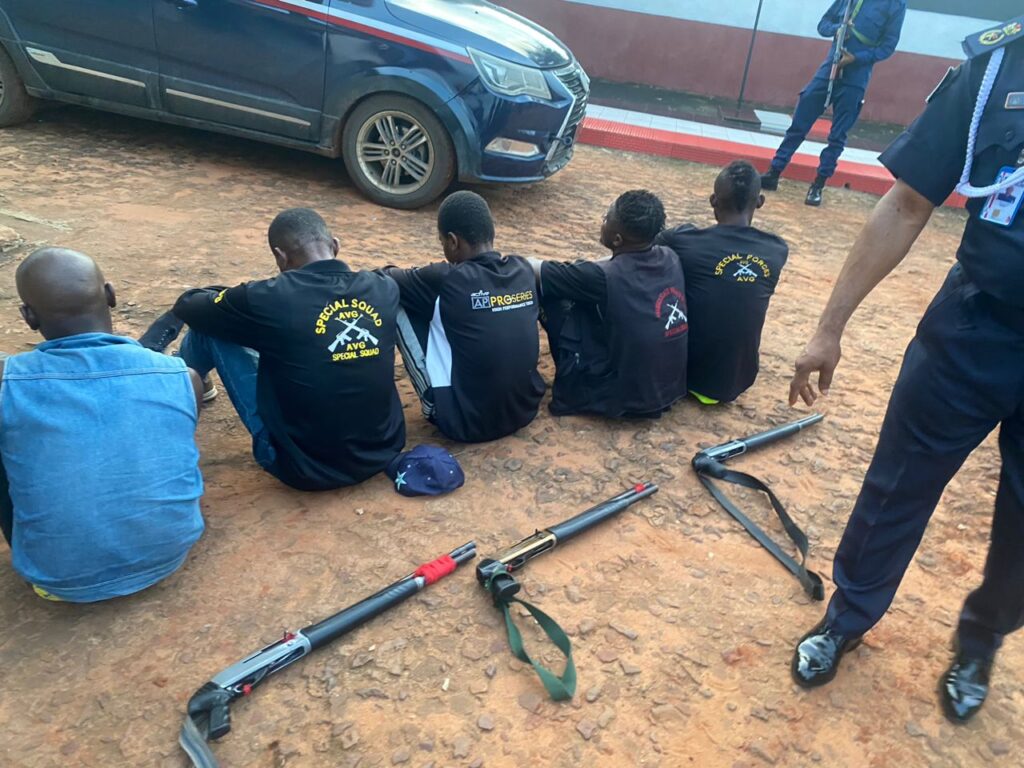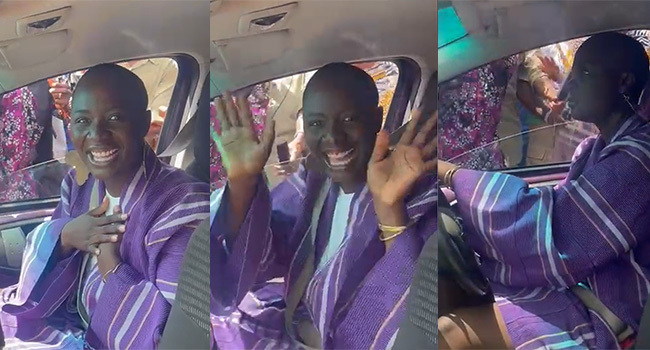CJ awaits report as Edo panel concludes sitting

The Justice Stephen Omonua (rtd)-led seven-member investigative panel faced another absence from Edo State Deputy Governor, Comrade Philip Shaibu, and his lead counsel, Prof. Oladoyin Awoyale (SAN), on Friday, mirroring their previous non-appearance on Thursday.
Thank you for reading this post, don’t forget to subscribe!
Shaibu and Awoyale’s decision not to attend the panel stemmed from its disregard of the March 28, 2024 interlocutory order from the Federal High Court (FHC), Abuja, under Justice Inyang Ekwo’s jurisdiction.
Closing the session at the Edo State High Court Complex, Benin, Omonua remarked, “The panel adjourned sitting till today (Friday) for the last time for the respondent (Shaibu/counsel) to present his defense, and the respondent is still not before the panel. The panel is therefore closing its sitting to retire to consider its report as provided by the constitution.”
Other panel members include Prof. Theresa Akpoghome, Oghogho Ayodele Oviasu, Dr. Andrew Oliha, Idris Abdulkareen, President Aighokhian, and Mariam Erakhoba Ilavbare.
The Edo State Chief Judge, Justice Daniel Okungbowa, who established the panel on March 25 to investigate allegations against Shaibu, is set to receive the report soon, for the state lawmakers to decide on Shaibu’s removal.
The initial panel session commenced on Wednesday, with Shaibu’s counsel arguing that participating would preclude any fair outcome, citing contempt of court due to ongoing panel sessions despite the court order.
On Thursday, the Principal Legal Officer of Edo House of Assembly, N.U. Ibrahim, presented the Assembly’s case, leading to the panel scheduling Friday for final adjournment to allow Shaibu or his counsel to defend him.
The reconstitution of the panel by the Edo State Chief Judge on March 25 came after two initially appointed professors declined to serve, following the March 6, 2024 impeachment notice by Edo House of Assembly members.
Meanwhile, legal expert Chief Okoi Obono-Obla expressed doubts about Shaibu’s chances of overcoming impeachment, highlighting the vulnerability of deputy governors under the constitution and suggesting a constitutional amendment to abolish the position altogether. He emphasized historical precedents where impeachment threats were wielded against deputy governors, suggesting a systemic issue that requires attention.
In essence, the ongoing imbroglio underscores the complexities surrounding impeachment proceedings and the need for legal reforms to safeguard against potential abuse of power.




